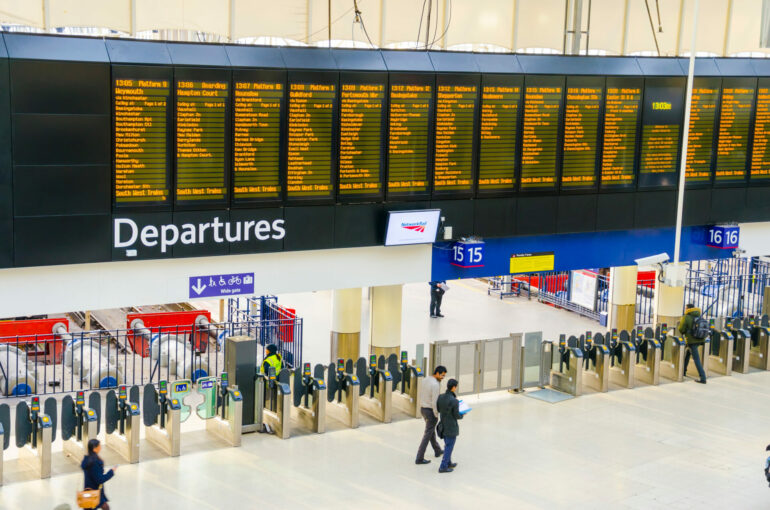In a surprising reversal of trends, national estate agency Jackson-Stops’ latest research reveals that most prospective homebuyers are now willing to spend an average of 38 minutes commuting into work.
This “golden hour” of commuting is considerably shorter than the traditional one-hour commute, marking a distinct shift away from the ‘Race for Space’ trend seen during the pandemic.
Jackson-Stops surveyed 500 active house hunters last month and found that over a third now commute more frequently to their workplace than they did six months ago. Among these, 31% commute five days a week or more, with those in London and the South West most likely to do so.
This trend towards office-based work is further supported by LinkedIn data showing fewer than 12% of job adverts were for fully remote positions as of September 2022.
Furthermore, recent figures from the Department for Transport show that national rail passenger numbers have reached pre-Covid levels for the first time since March 2020, providing further evidence of the resurgence of commuting.
However, the research also revealed wide variations in preferred commute times. While the average preferred commute time was 38 minutes, almost 10% of respondents would only be willing to commute for 15 minutes or less. Conversely, just 3% of respondents were willing to commute for over two hours.
Nick Leeming, chairman of Jackson-Stops, commented on these findings, said: “We have much faster train links than we did even five or ten years ago, making those peripheral town locations with fantastic transport options increasingly attractive. Urban living remains popular as buyers seek to balance convenience with commute times.”
The research also highlighted regional differences in commute times. Residents in Northern Ireland favoured the shortest average commute, at just 27.5 minutes, while those in the East Midlands were willing to commute the longest, with an average time of 47.6 minutes.
Ian Denton, director of Jackson-Stops’ Northampton branch, based in the East Midlands, noted the influence of shifting work patterns on homebuying decisions. He also highlighted the attractive range of properties available at more affordable prices in the East Midlands as a significant factor for those willing to accept longer commutes.
Finally, the research showed an increasing preference for urban living. In total, 70% of respondents expressed a desire to live in a city or a town, up from 21% in 2019.
Stuart Routledge, director of Jackson-Stops’ Oxted branch, highlighted the appeal of commuter towns with good transport links and close proximity to London.
Leeming stressed the importance of commute times in homebuyers’ decision-making processes, concluded: “Striking the balance between a manageable commute and the perfect property requires local knowledge and expertise of the market.”



